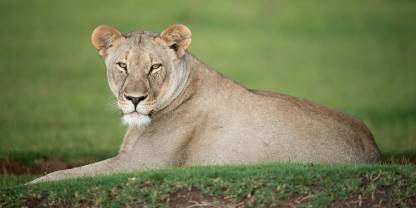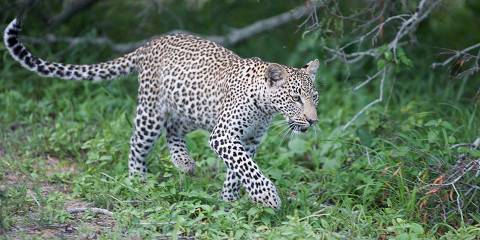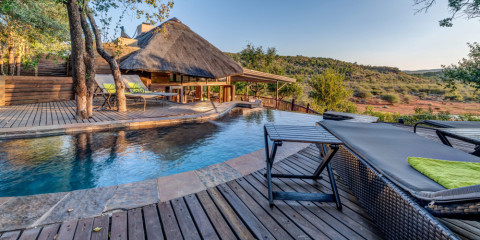Madikwe Game Reserve is arguably South Africa’s most rewarding malaria-free safari destination. It is home to good numbers of all the Big Five, as well as cheetah and African wild dog, and wildlife viewing is exceptional throughout the year. Despite being state-owned, Madikwe operates much like a private reserve. It is serviced by a scattering of small lodges and camps that offer guests an exclusive experience.

-
Best Time To Go
- May to September (Dry season)
-
High Season
- October to April (The park is busier, especially during school holidays)
-
Size
- 750km² / 290mi²
-
Altitude
-
926-1,120m /3,038-3,675ft
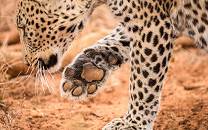 View Photos
View Photos
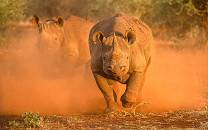 View Photos
+24
Photos
View Photos
+24
Photos
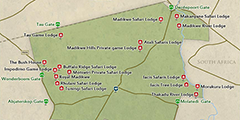 Open Map
Open Map
Pros & Cons
- Excellent wildlife viewing includes all the Big Five
- Large herds of elephant and plentiful white rhino
- Similar exclusive experience to Sabi Sand Private Game Reserve, but generally more affordable
- Less busy than Sabi Sands
- Open-vehicle and off-road driving permitted
- Night drives and available
- Malaria-free location
- Many upmarket safari lodges to choose from
- One of the best places to look for cheetah and African wild dog
- No self-drive safaris permitted, only expensive all-inclusive packages
- Leopard sightings are not as abundant as in Sabi Sands
- Can be uncomfortably hot in midsummer
Wildlife
Madikwe is a prime Big Five destination, and you can expect to encounter most major safari animals over the course of a three-day visit. Lions are easily seen but leopard and cheetah sightings are hit-and-miss. There are two resident African wild dog packs and sightings can be superb. Lucky visitors might also spot the rare brown hyena.
More about Madikwe’s wildlifeScenery
Madikwe lies in a transitional zone between the Kalahari thornveld and bushveld. Although much of the terrain is flat and featureless, the park is dotted with big rocky outcrops and is bordered in the south by the Dwarsberg mountains. The permanent Marico River runs along the park’s eastern boundary. Tlou and Tshukudu Dams are pumped with fresh borehole water throughout the year and are great places to watch animals coming to drink at sunset.
Activities
Lodges and camps typically include two daily guided in their package rates. Morning drives leave shortly before sunrise to maximize the odds of coming across lions and other carnivores on the prowl. Afternoon drives include a break for drinks and lead into night drives, which offer a chance of spotting nocturnal predators such as brown hyena, aardwolf and serval. Most lodges and camps offer optional guided bush walks, which focus on birds, insects and other smaller creatures.
Weather & Climate
Madikwe has a semi-arid climate characterized by high daytime temperatures and low rainfall. Summer (October to April) can be very hot and doubles as the Wet season. The rainfall and heat both increase over the first few months of summer. Temperatures peak in January and February, when average daytime highs of 34°C/93°F are eased by occasional afternoon downpours. Things start to get cooler in March, kicking off the transition into a dry and generally sunny winter (May to September).
More about the weather and climateBest Time To Visit
Wildlife viewing in Madikwe is good throughout the year. The Dry season (May to September) is probably the best time to visit, particularly during the pleasantly mild months at the start and end of this period. In the middle of this season, there can be a biting chill in the air at night, so wrap up in your warmest clothes for early morning or evening . The drier months also coincide with Madikwe’s low season.
More about the best time to visit
